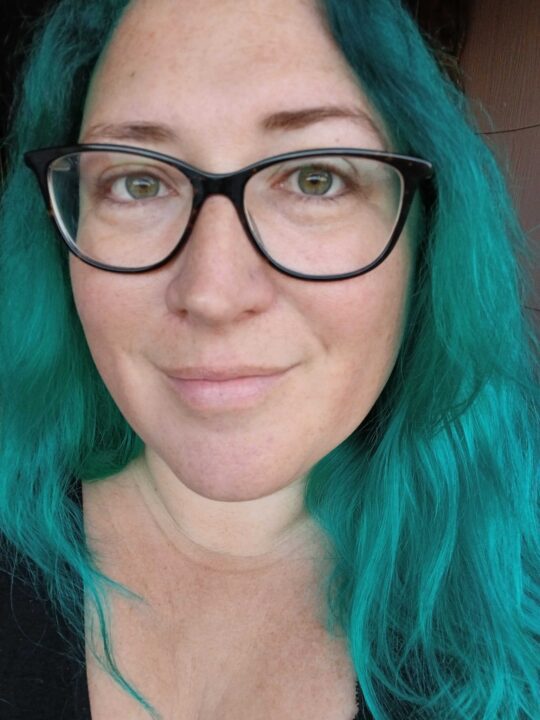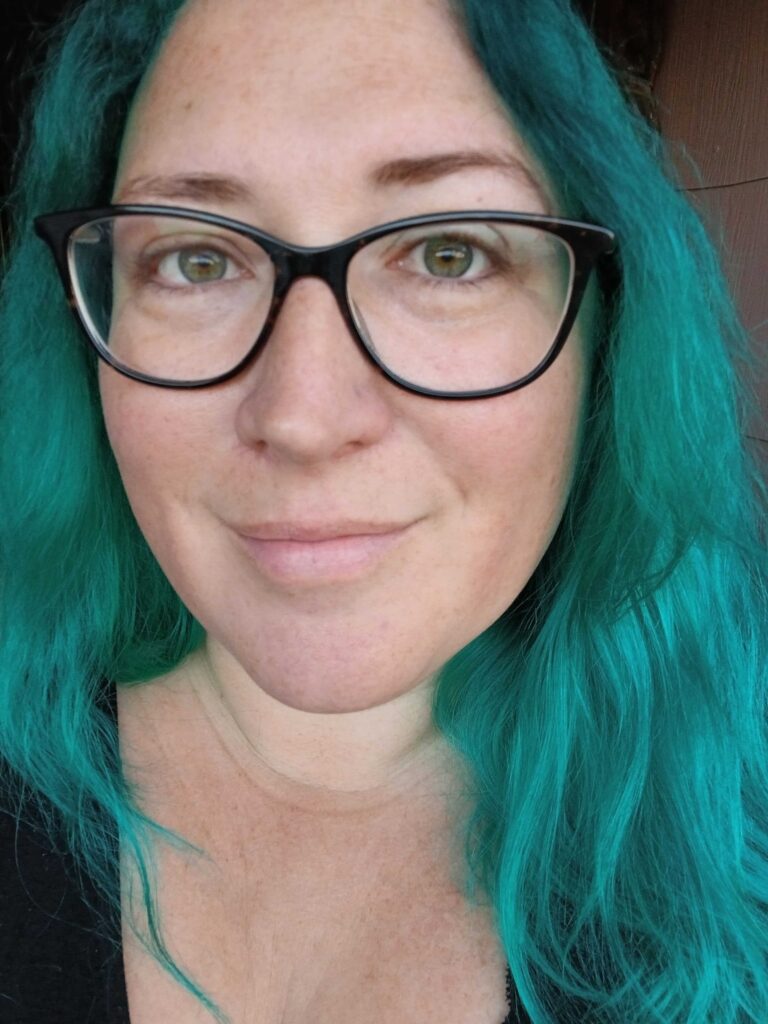Cassie Hart

Your beautiful piece in the current issue of takahē, “fog/fugue,” talks about what feels like addiction and the process of taking back power. It’s both dark and hopeful, I think. Can you tell us what was on your mind during the writing of that piece?
The story came about because of an actual experience of very thick fog and the smell of lavender. I knew there was a story in it and it wasn’t until I got asked to write for takahē that it came together though. I really wanted to ground it in New Plymouth, and Marsden Hill felt like just the right place. I went there and walked where my characters walked, and tried to sink deep into those feelings of hopelessness, and desperation, and the desire for freedom. I think those feelings are present in so many ways in life and, as you said, I wanted to write something dark yet hopeful—something that explored the boundaries of how far someone might go to get that freedom, what lines are they willing to cross?
What were the books or writings that were important to you growing up?
I was a really big Stephen King fan as a young person, I think The Tommyknockers was quite formative, along with the staples of Terry Pratchett (all of his books), David Eddings’ series, Raymond E. Feist’s Magician, as well as authors like Christopher Pike, Clive Barker, and Charles de Lint. As you can see, the family library was well stocked with primarily white male authors, and these days I’m grateful to be able to read a lot more diversely.
What do you think: writing is more about inspiration or perspiration? How do you keep going, either way?
I think it’s really a combination of both—I need the inspiration in order to get started. That seed of idea that implants itself in my brain and won’t let go; that’s how I know an idea is worth pursuing. And then once the idea comes and I move past that original rush of new shiny, the perspiration comes into play. I have to knuckle down and do my best to make the most of the spark.
Personally, writing has become so intertwined with my wellbeing that I have to write in some form or another, whether that’s on a fiction project, or my blog, or just dumping out the contents of my brain on the page. Words must happen to help me stay well.
What are you reading at the moment? Or, what was the last book you read that you really loved?
The last one that stuck with me was The Mires, by Tina Makereti. It’s a beautiful book with lots of layers, a range of characters with rich interiors, and this gorgeous connection through water and the swamp. It was fabulous.
Right now, I’m reading a number of books! But I’ve not long started The Cloisters by Katy Hays—it promises to be a lush, mysterious book, set in a gothic museum and its garden.
What advice would you give to someone just starting out on their writing journey?
Read a lot! Read what you love, write what you love. It can be a hard path, but it is much easier if you are working on things that you feel passionate about and can engage with on a deeper level. Find your community, too, whether that’s just one other person or a whole group. Only you can write your book, but it’s much easier to write alongside others who are going through the same processes and stages.
Can you tell us a bit about any current writing projects?
Right now, I’m finishing up on edits for a relaunch of the very first book I self-published. I’ve been collaborating with a really good friend to revise and revamp it, and it’s looking so good! I love the world I created for it, in the fictional small New Zealand town of Kotahi Bay, blending magic and myth, with a side of romance, so it’s amazing to be revisiting it and giving it the glow-up it deserves. I’m really looking forward to sharing it with the world.
Alongside that, I’ve been working on a YA dystopian short story with another friend (I really enjoy collaborating with the right people), which is vastly different, but equally delicious. I’m looking forward to making that my main focus very soon.
Cassie Hart is an award-winning Māori (Kāi Tahu)/Pākehā hybrid author and editor of speculative fiction. Her horror novel, Butcherbird, was released by Huia in 2021. She writes under a number of pen-names, and lives with her whanau under the watchful gaze of Taranaki Maunga.
